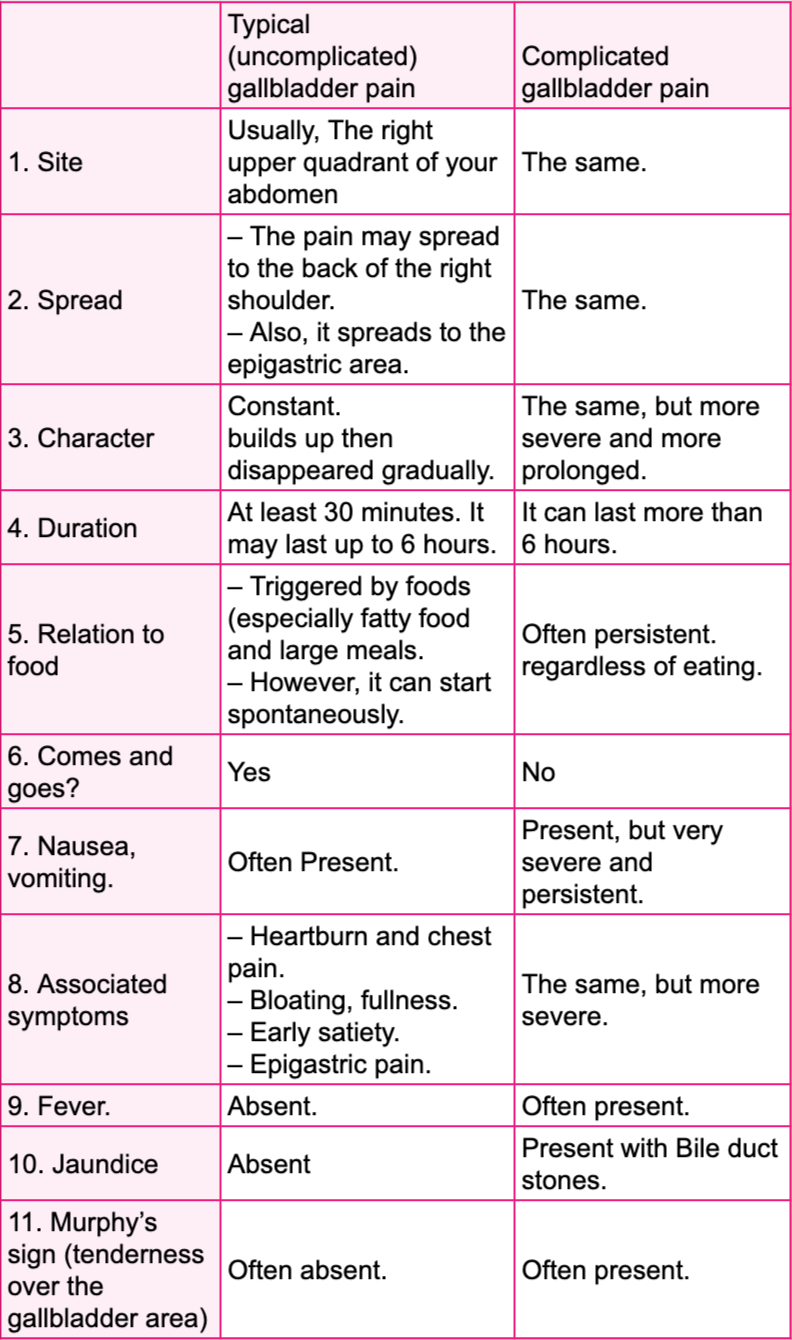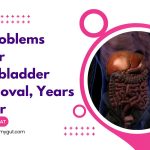Gallstones, Dizziness, & Tiredness: Is there a Link?
Our content is not intended nor recommended as a substitute for medical advice by your doctor. Use for informational purposes only.
Gallstones don’t typically cause dizziness and tiredness. However, some gallstone sufferers may experience fatigue and dizziness during the attack or when complications develop.
Dizziness and tiredness are relatively non-specific symptoms experienced by many people. They can occur with a wide variety of diseases and conditions.
It is better to think of other independent causes of tiredness and dizziness if you don’t have
This article will explore the possible links between gallstones, dizziness, and tiredness (fatigue).
Table of Contents
Is dizziness or tiredness a symptom of gallstones?
Dizziness and tiredness are not typical symptoms of gallstone disease. However, it may present in certain circumstances due to severe attacks, associated intense nausea, or due to complicated gallstones (as with acute cholecystitis).
Are dizziness and tiredness common with gallstones?
Dizziness and tiredness are not consistently reported in the literature as symptoms of gallstones. However, these symptoms are non-specific and can be experienced during gallbladder attacks.
Asymptomatic gallstones are unlikely to cause dizziness and tiredness. However, you may experience tiredness or dizziness during the pain attacks, complications, or as a side effect of
The exact prevalence of fatigue and dizziness associated with gallstones is unknown, but it doesn’t seem to be a frequent finding in my own practice as a gastroenterologist.
My advice is to consult your doctor if you experience significant dizziness or fatigue, as it is not typical for uncomplicated gallstones to cause such a condition.
Possible links between gallstones, dizziness, and tiredness.
1. Severe pain.
Gallstones may cause occasional biliary colics. It typically starts as sudden severe right upper abdominal pain associated with severe nausea or vomiting.
The pain radiates into the right back and the right shoulder. The attack typically lasts 30 minutes up to four hours.
The pain during the attack is severe and may be associated with dizziness and tiredness during and shortly after the attack.
Non-specific dizziness and tiredness are associated with any case of severe pain. It is more common in females (low threshold to pain) and is not specific to gallstone pain.
Asymptomatic (painless) gallstones and pain-free periods between gallbladder attacks aren’t typically associated with tiredness or dizziness.
2. Nausea (sick) feeling.
During the gallbladder attack (uncomplicated biliary colic), patients may experience sudden onset nausea (and/or vomiting).
Extreme nausea during painful gallstone attacks may contribute to dizziness and tiredness.
3. Acute cholecystitis.
Acute cholecystitis is a complication of gallstones. The gallstone may lead to acute obstruction, infection, and inflammation of the gallbladder.
Acute cholecystitis symptoms are different from uncomplicated occasional gallstone attacks. It is often more severe, prolonged, and associated with fever and severe tenderness over the gallbladder.
Patients with acute cholecystitis are more likely to experience generalized symptoms such as fatigue, malaise, and dizziness.
3. Obstruction (jaundice and acute pancreatitis).
Gallstones may slip from the gallbladder to obstruct the main bile duct (leading to obstructive jaundice) or the pancreatic duct (leading to acute pancreatitis).
Both conditions are considered complications of gallstones, and they often present with severe symptoms such as jaundice (yellow skin and eye whites), clay stool, and severe pancreatitis pain.
4. Diet restrictions.
Patients with severe or recurrent gallstone symptoms may restrict caloric intake or certain foods for fear of symptoms.
Prolonged dietary restrictions in gallstone patients may contribute to tiredness and dizziness due to dietary deficiencies.
5. Tiredness and dizziness can be side effects of gallstone treatments.
Medications that control gallstone pain, such as nonsteroidal anti-inflammatory medications and opioid analgesics, may cause side effects, including dizziness and fatigue.
In such cases, the onset of fatigue and dizziness is related to the medication timing and dose. Higher doses of analgesics (particularly opioid analgesics) are more likely to cause symptoms such as dizziness and tiredness.
6. Hemolytic anemia (rare).
In some cases, gallstones, dizziness, and tiredness share the same cause (hemolytic anemia).
Patients with chronic hemolytic anemias, such as thalassemia, and autoimmune hemolytic anemia, typically experience chronic tiredness and dizziness. Those patients also are at higher risk of developing gallstones.
What are the typical symptoms of gallstones?
Most cases of gallstones are asymptomatic. When symptoms occur, it may be either:
- Uncomplicated gallbladder attacks.
- Complicated gallbladder pain (acute cholecystitis, gallstone obstructing the bile ducts (choledocholithiasis), or gallstone pancreatitis).
The typical symptoms of uncomplicated gallstone attacks are described in the table below.

- Evidence-based
- Written by a doctor.







